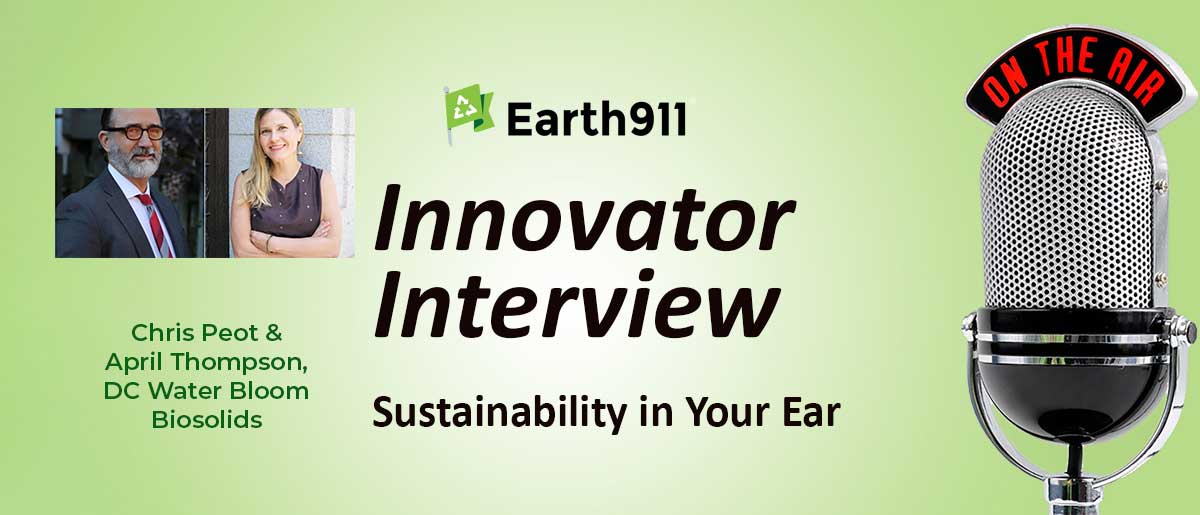Start the new year with a dive into the world of biosolids—a potentially transformative way to turn sewage that traditionally is seen as waste into a valuable material for sustainable agriculture. With the appropriate precautions, humans can turn our ickiest stuff into inexpensive fertilizer for farms and homes. Humans have been using their excrement as fertilizers for millennia. At scale, biosolids-based fertilizer would be a big step toward comprehensive circular approaches to human waste. However, it is a plan with challenges related to the presence of PFAS, the forever chemicals attracting growing concern as they are found in everyone’s bodies only about 90 years after they were invented. Tune into a conversation with Chris Peot, the Director of Resource Recovery at Bloom, and April Thompson, Senior Director of the program operated by DC Water, the public utility responsible for providing drinking water and wastewater collection and treatment services in the nation’s Capitol. Chris is a pioneer in water utility and biosolids management, with decades of experience as a civil engineer. He led the development of Bloom, combining technology, science, and engineering to create a sustainable solution that changes how we think about resource recovery and green energy. April has been instrumental in shaping Bloom’s products and overcoming the challenges of marketing something often misunderstood as “icky” waste. They discuss the science, innovation, and market dynamics behind Bloom.

Bloom and DC Water’s path to being a self-sustaining, closed circular system that processes post-consumer wastewater to make fertilizer and capture heat to generate renewable energy should inspire cities nationwide. Chris and April explain that sewer systems are remarkable geothermal (Vancouver, B.C. powers part of the city using heat from its waste management systems) and materials resources that are often ignored despite being directly underfoot in every city and town. Looking past the ick-factor most of us associate with human waste and everything else we flush down the sink and toilet, to see it as a resource and energy flow can reorient our perspective. We need to think like nature does — if nature can be said to think as we do —to find ways to collect and use wasted materials and energy. Nothing in nature is wasted, but nature had billions of years to evolve species to fill every niche where life-supporting stuff was available, while humans have only decades to innovate processes and business models to prevent waste and the pollution it creates. You can learn more about Bloom fertilizers at https://bloomsoil.com/
Source link
Mitch Ratcliffe earth911.com

